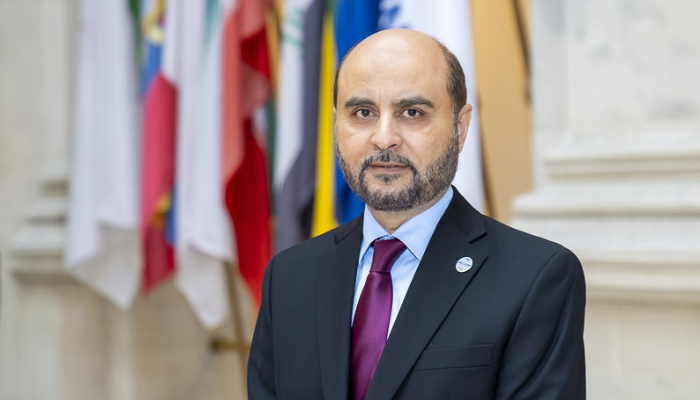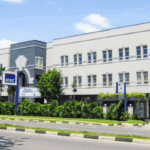The OPEC Fund for International Development (OPEC Fund) has approved over US$600 million in new development financing to support sustainable infrastructure, private sector development, food security, and human capital across Africa, Asia, Latin America, and the Caribbean.
The projects were approved during the institution’s 191st Governing Board meeting in Vienna and during the first quarter of 2025. The new commitments align with the OPEC Fund’s strategic priorities to promote inclusive and resilient growth.
Read also: AfDB launches $100m Nigerian youth bank to support entrepreneurs
OPEC Fund President, Abdulhamid Alkhalifa, said: “These engagements are a significant demonstration of our commitment to building resilience and enabling inclusive development. From transport corridors to vocational training and financing small businesses the OPEC Fund is supporting practical solutions that align with our partners’ priorities and deliver tangible results. We remain focused on driving sustainable development across regions and sectors.”
Public sector operations
Costa Rica: A €180 million loan will co-finance the Expansion and Improvement of the San Jose – San Ramon Road Corridor Project alongside the Central American Bank for Economic Integration (CABEI). The project aims to improve traffic flow and road safety along Route 1 of the Inter-American Highway, supporting trade and connectivity.
Nepal: A US$100 million loan will co-finance the South-Asia Subregional Economic Cooperation (SASEC) Electricity Transmission and Distribution Strengthening Project with the Asian Development Bank (ADB). The project will enhance the reliability and efficiency of the electricity supply and promote cross-border power trade in the region.
Rwanda: A US$27.95 million loan will co-finance the Center of Excellence in Aviation Skills Project with the African Development Bank (AfDB). This initiative will strengthen Rwanda’s aviation training capacity to meet international standards and support the country’s ambition to become a regional aviation hub.
Read also: African NOCs raise $14.8bn to finance oil and gas growth
Senegal: A €25 million loan will finance the Water Valorization for Value Chains Development Project-Phase 2 (PROVALE – CV2) together with the AfDB and other partners. The project will promote sustainable agricultural production, create jobs, and increase incomes. It will directly benefit 57,000 households and support efforts to mitigate the impacts of climate change on agriculture and livestock.
Tanzania: A US$75 million loan, as the first tranche of a US$150 million facility, will support the Regional Standard Gauge Railway Project (Uvinza–Malagarasi Section), co-financed with AfDB and other partners. The project will improve regional connectivity and stimulate trade between Tanzania, Burundi, and the Democratic Republic of the Congo.
Read also: AfDB plans $500 million facility to unlock $10 bn for African smallholder farmers
Private sector operations
Côte d’Ivoire: A €30 million loan will expand access to finance for small and medium-sized enterprises (SMEs). The initiative aims to strengthen entrepreneurship, promote job creation, and support economic growth.
Democratic Republic of the Congo: A US$20 million loan, as part of a broader financing package with development partners, will support on-lending to key sectors of the economy.
Nicaragua: A US$20 million loan will promote financial inclusion by facilitating access to credit for businesses in the agriculture sector.
Regional (Africa): A US$40 million participation in a US$240 million trade finance facility will support the import and export of agricultural commodities across multiple African countries.
Read also: $100m investment, 2 deals: China-Africa energy cooperation expands with new agreements
Strategic direction
The OPEC Fund’s latest approvals reinforce its role in supporting practical solutions that drive sustainable development. With a focus on infrastructure, energy, agriculture, and private sector growth, the Fund continues to collaborate with regional and international partners to address critical development needs.










